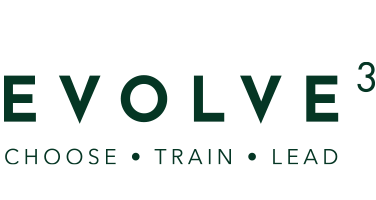
15 Jan No more surveys! Please!
I’m a firm believer in the importance of gathering customer feedback. We strongly recommend that all our hospitality clients implement an independent mystery shopper program to track customer satisfaction. However, if you’re anything like me, you’re probably totally overwhelmed by the bombardment of incessant surveying.
I get it. In the era of data-driven decision-making, surveys have become an essential tool for businesses to understand their customers. However, excessive surveying – ‘big-box’, online retailers and telcos, I’m looking at you! – can lead to several negative consequences that may harm the very relationship these companies are trying to nurture.
The sheer volume of surveys is out of control. It’s not uncommon for a customer to receive multiple requests for feedback after a single shopping experience. My all-time favourite was a survey pop-up within 30 seconds of logging into my telco’s app. I hadn’t had a chance to do anything yet, and I’m already a customer! These frequent interruptions can lead to survey fatigue, where we become less inclined to participate or provide thoughtful responses. Over time, this can result in lower response rates and skewed data, ultimately defeating the purpose of gathering customer insights.
I think excessive surveying erodes trust. Customers may begin to feel that their data is being exploited rather than used to enhance their experience. This perception can be particularly damaging in an age where data privacy concerns are paramount. If customers feel that their personal information is at risk or that they are being constantly monitored, they might choose to take their business elsewhere.
Big-box retailers are especially susceptible to these pitfalls due to the scale and frequency of their interactions with customers. Unlike smaller, more personal establishments, these large retailers often rely on automated systems to collect feedback, which can feel impersonal and intrusive. The lack of a human touch in these surveys can alienate customers, making them feel like just another number in a vast sea of data points. Especially when specific critical feedback is often asked for and then never responded to. Well, what’s the point if you’re not going to respond?
I’m concerned that this survey overkill by larger businesses has negatively impacting smaller business’ ability to find out what their customers think.
So, hospitality operators need to approach customer feedback in a much more nuanced manner. Focus on quality over quantity, try to ensure that each interaction feels meaningful. Personalised feedback requests, perhaps delivered in-person or through a well-crafted, brief follow-up email, can make a significant difference. Moreover, hospitality businesses can benefit from integrating feedback into a more comprehensive customer experience strategy, where the emphasis is placed on dialogue rather than data extraction.
The best front-of-house customer facing staff are constantly attuned to the moods, wants and desires of their guests.
If we want our guests to return, spend and recommend us to others, then what surely sets us apart in hospitality from the current survey plague is the human touch.
Takeaway: while understanding customer needs is crucial, excessive surveying can backfire, leading to customer dissatisfaction and a breakdown in trust. Big-box retailers must recalibrate their approach to feedback collection, ensuring it is both respectful and genuinely aimed at enhancing the customer experience. Hospitality operators can learn from these missteps by fostering authentic, value-driven interactions that prioritise relationships over mere data collection.



